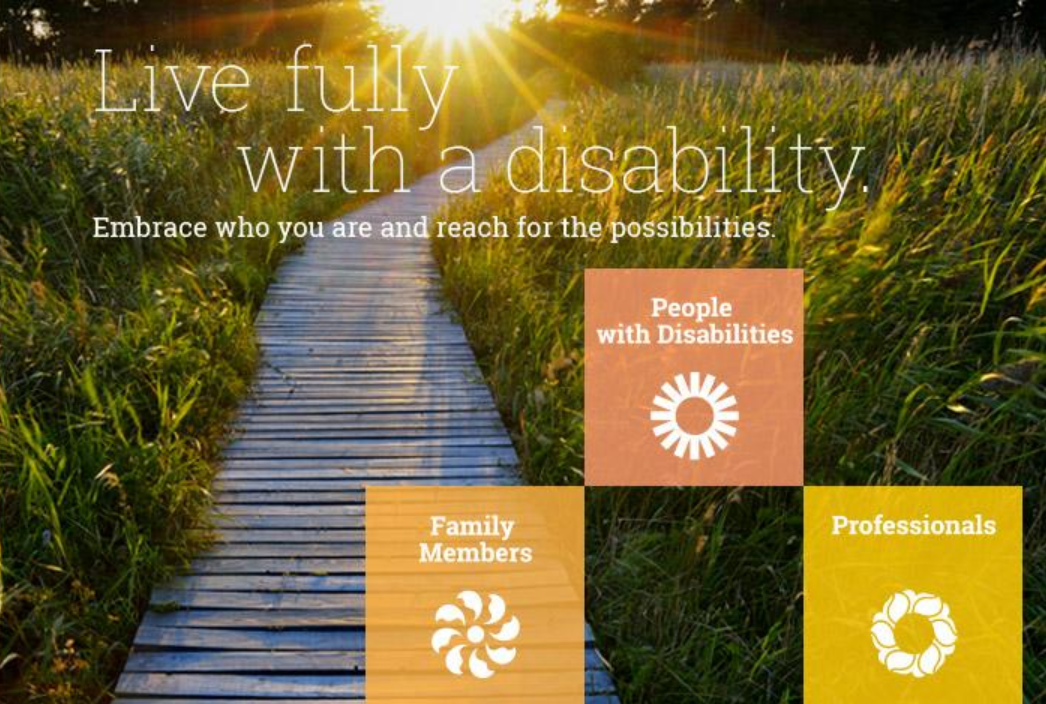When we’re perhaps spending much more time with loved ones while we retreat inward during the COVID-19 crisis, it may be a good time for some important “life conversations.” One of these conversations can be about dating and relationships because it’s a discussion that should be happening with everyone with a disability.
Dating and disabilities is a topic I am passionate about. As a mental health counselor, dating and relationships is one of the most common issues people are dealing with and trying to work through. People with all kinds of disabilities are lonely and longing for companionship. Many believe the presence of a disability puts them at a significant disadvantage for being seen as potential dating and relationship partners.
Despite the challenges of dating with a disability, I have found that most people have such a deep longing for companionship and intimacy, they are willing to keep trying to connect with others. Watching this determination for connection and seeing it frequently followed by failure, which magnifies the loneliness, makes me ask, “Why are we not supporting people more with skills to succeed in an area that means the most to them?”
Often people with disabilities have little support in talking about their desire to date and develop meaningful relationships. The absence of support results in a lack of confidence in the vulnerable area of dating. There is still a long held belief out there that the ability to date and have meaningful, intimate relationships is not possible when there’s a presence of a disability. Thankfully, this is changing and the myth being debunked.
Families are an important place for these conversations to begin. Yes, the thought of doing so may cause you to squirm and feel uncomfortable. As family members, fears can come up about our loved ones dating and forming relationships. You may become afraid. What if she gets hurt? What if he meets the wrong person? What if they as a couple decide on something that you can’t support?
Take a deep breath. Here’s a little mindshift tip that may help. Focus on the good things you want for your loved one. At the end of the day, you probably want to know that your loved one is happy and loved. Beginning the conversation about meeting people who will bring them happiness is the first step toward this ultimate goal.
It also does something even more important. Opening the door to a conversation about dating and relationships acknowledges this basic human need in your loved one and lets her know she can talk about these feelings. The discussion also lets her know that she can turn to you for support and guidance in this area. Believe it or not, the loneliness and longing begin to end here because the conversation lets her know that she doesn’t have to keep these desires and feelings to herself anymore. She is no longer alone in trying to figure these feelings out; she has support.
If you’re unsure how to begin the conversation, here are three questions to get things going with a brief explanation of why each is important.
- Do you think of wanting to date someone? Why or why not? (This will give you a good gauge at what your loved one is feeling about the topic.)
- What qualities would you like in a person you would be interested in spending time with? (This is helpful in getting someone thinking about the type of person best suited for him.)
- What does a loving relationship look like to you and how would you feel in one? (This begins the conversation of healthy relationships.)
Three questions that can make all the difference in letting your loved one know that he is not only capable of dating and relationships, but that he has your support in an area that can bring him so much personal happiness.

Kathy O’Connell is the Director of Radiant Abilities, which is dedicated to the personal development of people with disabilities. Kathy is also a Licensed Mental Health Counselor with a counseling practice in Syracuse. Working primarily with people with disabilities and their families, she teaches insight, skill development, and empowering beliefs in dating, relationships, and sexuality.

